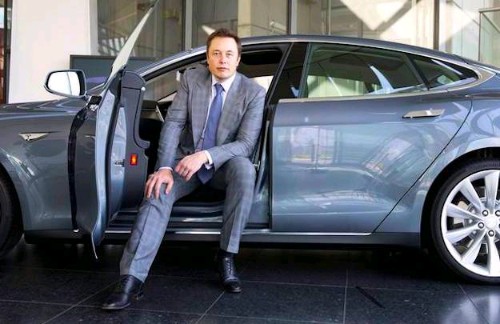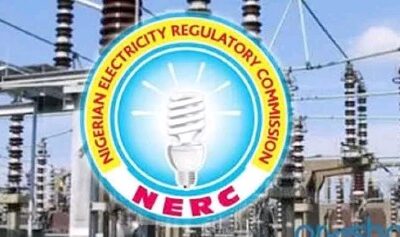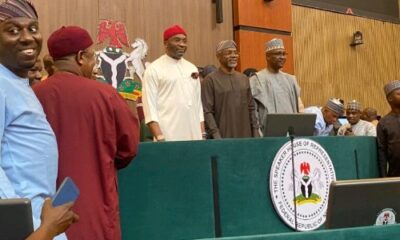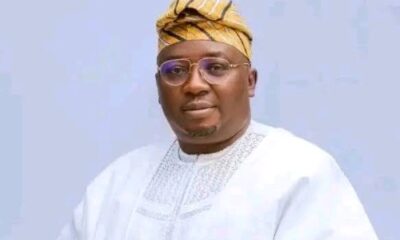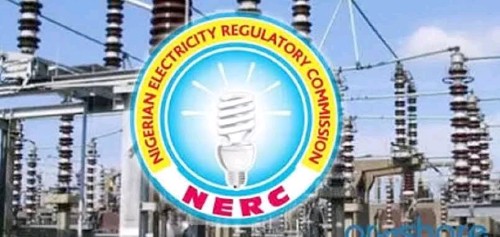BIG STORY
Tesla To Lay Off 10% Of Global Workforce, Cites Role Duplication, Cost Reduction
-

 BIG STORY4 days ago
BIG STORY4 days ago48-Yr-Old Nigerian Man Who Relocated To UK In 2022 Beats Wife To Death With Son’s Skateboard Over Bills, Alleged Infidelity
-

 BIG STORY4 days ago
BIG STORY4 days agoAmerican International School Writes EFCC, Seeks To Refund $760k Of Yahaya Bello’s Children School Fees
-
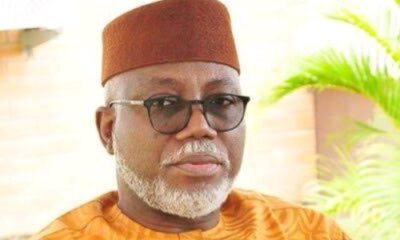
 BIG STORY2 days ago
BIG STORY2 days agoAiyedatiwa’s Campaign Coordinator Excel Abbey Murdered By Gunmen
-

 BIG STORY4 days ago
BIG STORY4 days agoDana Air Has Been Flying With Unhealthy Status, We’ll Audit All Local Airlines — Aviation Minister Keyamo
-

 BIG STORY1 day ago
BIG STORY1 day agoFuel Scarcity To Last For Two More Weeks — Marketers
-
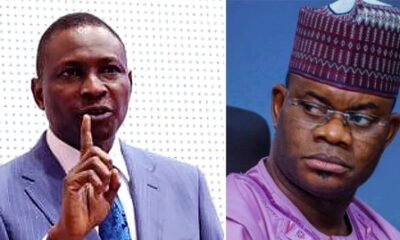
 BIG STORY3 days ago
BIG STORY3 days agoYahaya Bello: EFCC Confirms Refund Of $760,000 From American International School Abuja
-
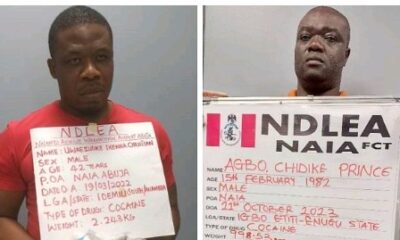
 BIG STORY2 days ago
BIG STORY2 days agoTwo Notorious Drug Kingpins Bag Life Imprisonment For Cocaine Trafficking
-
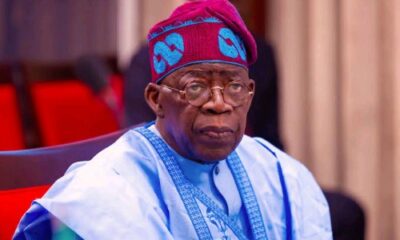
 BIG STORY4 days ago
BIG STORY4 days agoI’ll Continue To Take Difficult Decisions, Even If There’s Short-Term Pain — President Tinubu




